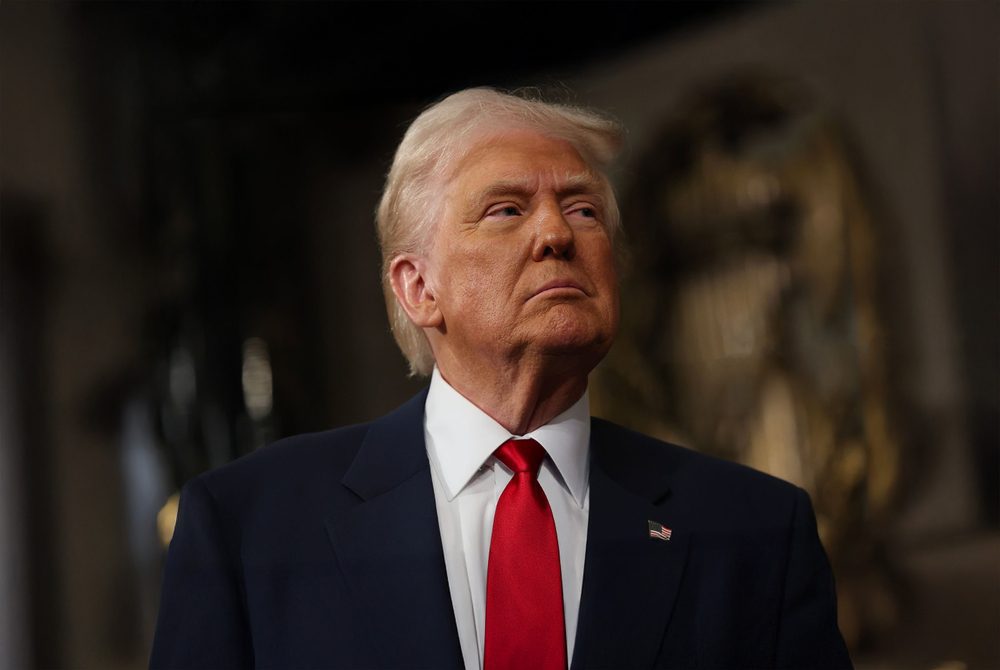Executive Summary
The Story So Far
Why This Matters
Who Thinks What?
In a recent opinion piece, Robert May, CEO of Neurometric and a Managing Director at HalfCourt Capital, posits that President Trump’s economic policies are inadvertently creating a socialist system in the United States. Published on September 21, 2025, May argues that a series of government interventions, including export taxes, influence over corporate leadership, and price controls, depart from free-market principles and instead align with characteristics of a planned economy.
Analysis of Economic Interventions
May highlights President Trump’s demand for AMD and NVIDIA to pay a 15 percent export tax on chips sold to China as a key example. He contends that this action transcends a simple tariff, establishing a system where the government dictates specific companies’ sales to particular customers and their pricing.
The author contrasts this approach with the concept of the “invisible hand” of the market, describing it instead as “the very visible fist of state control.”
Another point of contention for May is President Trump’s alleged request for Intel’s CEO to resign. According to the article, such an intervention into private company executive selection mirrors practices in state-controlled economies, where business leaders are beholden to political authorities rather than shareholders.
May further elaborates on what he calls the “masterpiece of accidental socialism” through Trump’s handling of consumer prices. He argues that by imposing high tariffs on imported goods, which increase costs for American consumers, while simultaneously instructing major retailers like Amazon and Walmart on pricing, a classic command economy scenario emerges.
The author suggests this strategy involves the government raising costs through tariffs and then attempting to mask the impact with price controls, a method he associates with historical socialist economic operations.
Historical Economic Warnings
Drawing on the work of economist Friedrich Hayek, a notable critic of socialism, May references Hayek’s warnings against central planning. He quotes Hayek: “The curious task of economics is to demonstrate to men how little they really know about what they imagine they can design.”
May interprets President Trump’s efforts to design an economy with simultaneous tariffs, export taxes, and price controls as Hayek’s “fatal conceit” of central planning.
Policy Implications and Public Perception
The opinion piece underscores the perceived irony of these policies being implemented under a Republican administration, traditionally proponents of free trade and opponents of government intervention. May notes that conservatives have historically warned against price controls leading to shortages and government picking economic winners and losers.
He predicts that telling companies they cannot raise prices despite increased costs will lead to consequences such as reduced quality, decreased selection, or cessation of sales for affected items. Furthermore, interfering with corporate leadership, May suggests, signals that political loyalty may supersede business performance.
May also discusses the incremental expansion of government power, asserting that accepting tariffs for “national security” can lead to export taxes “for fairness,” and influencing corporate leadership can pave the way for price controls. He contends that each intervention can justify subsequent ones, eroding the free market.
A significant point in the article is the observation that many of President Trump’s supporters, who often express opposition to “socialism,” appear to back these policies. May suggests that they may not recognize price controls when framed as “fighting inflation” or state economic planning when labeled “America First.”
Key Considerations
Robert May’s opinion piece concludes that while President Trump may intend to protect American workers and consumers, his economic policies, as analyzed by May, are constructing a system of government control. He suggests that this approach deviates from the principles of a free market economy, moving towards a framework that conservatives have historically opposed.








